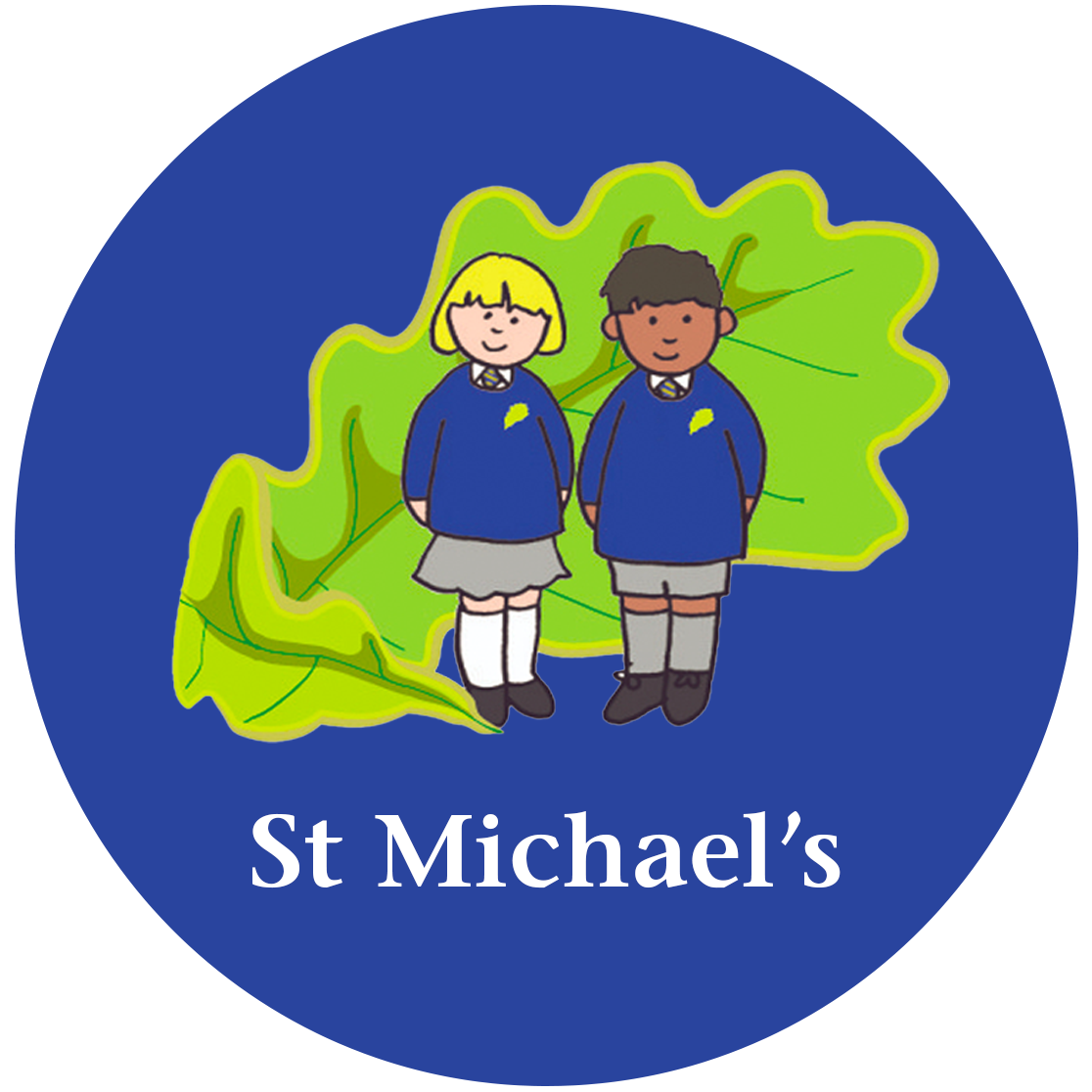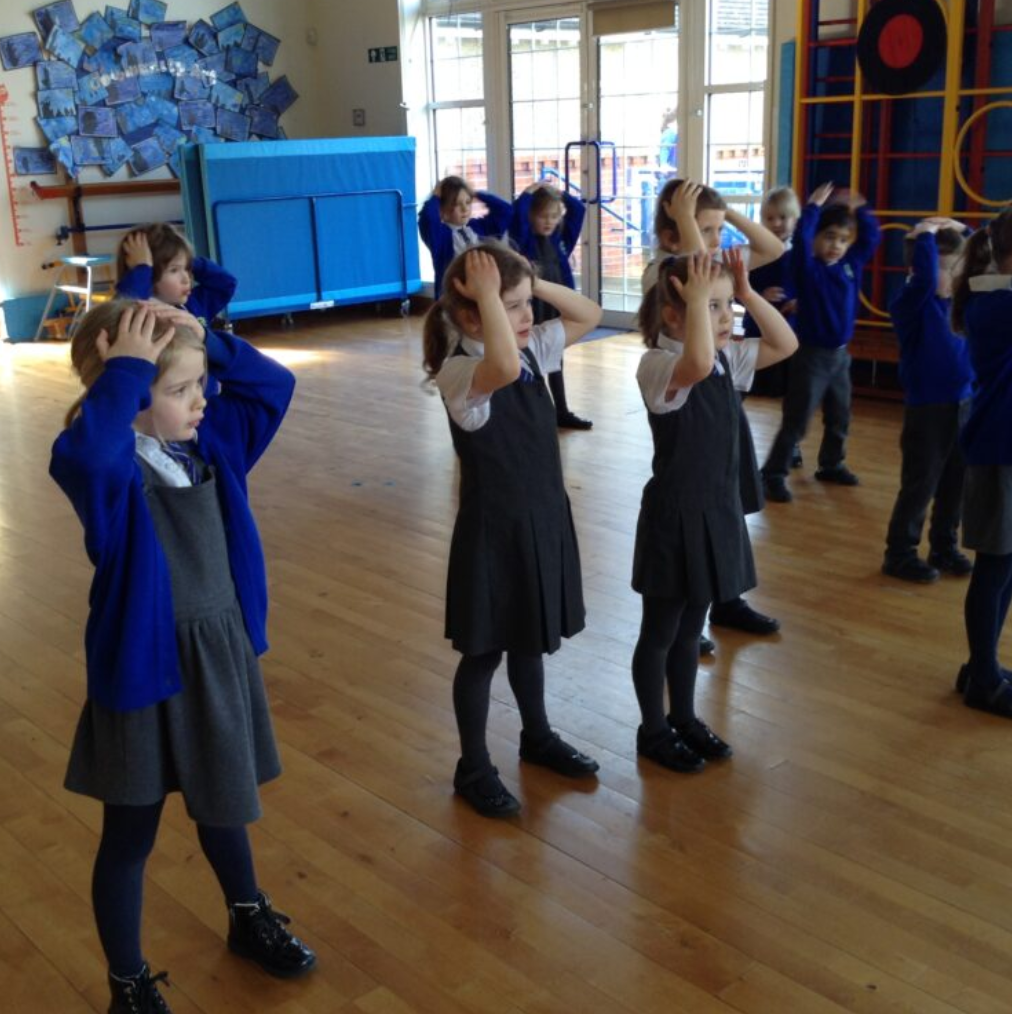We believe that if we open our hearts and minds to the possibilities each and everyone of us, no matter how small, can make a difference in our school and beyond. The parable of the Mustard seed teaches us that God can do a lot with a little! At St Michael’s school we passionately believe that every child has a natural curiosity to learn. Through the delivery of an interesting and exciting curriculum, all of your young children will learn and grow as historians learning and reflecting about the past and the changed that have happened and are happening now. Through learning about the stories of people from the past and now the children will learn that they too can make a difference.
How will the children learn and grow in History?
Our intention here at St. Michael’s is to develop our children’s knowledge and understanding of Britain’s past and that of the wider world.
It is important to us that the children experience a range of topics/stories from across time to develop relative chronology, with ethnic diversity which includes both female and male figures.
Throughout their time at St. Michael’s our pupils will learn about rulers; great change makers in health and medicine; leaders of resistance; famous minds (thinkers, writers and inventors); travellers, mapmakers and explorers.
We encourage them to use their questioning skills, to think critically and to understand that people may have different perspectives and judgements. We want children to be curious and to question why they live in the world they do today and to understand what has shaped our society and the world we live in.
We also want to ensure that the children are taught about the British Values in our society; through History and other subjects e.g. PSHCE.
Early Years
Children develop their knowledge and understanding of the world through a range of hands on and outdoor learning experiences. Children learn about past and present events in their own lives and in the lives of those around them. As Historians, children will be encouraged to talk and look closely at similarities, differences between things in the past and now, drawing on their experiences and what has been read in class. Children will learn through a range of self-initiated and adult directed task.
Key Stage 1
We provide our children with a coherently planned sequence of lessons to ensure they progressively cover the skills and concepts required in the National Curriculum. History aims to develop historical skills and concepts which are transferable to whatever period of history is being taught and will equip children for future learning and enable them to make links. We provide the children with some first-hand practical learning experiences so that the experiences they have are meaningful and memorable. We believe that through these strategies children will know more, remember more and understand more. We want children to enjoy and love learning about history by gaining the knowledge and skills, not just through experiences in the classroom, but also with the use of educational visit and through visitors and external companies coming into school. History is taught both in isolation and is woven into the other subject areas across the school. We recognise the cross-curricular links which History lends itself to and we make sure we can use these opportunities to help the children develop a better understanding of themselves and the world in which they live. Our ‘Stand Up, Stand Out’ runs in addition to our planned curriculum topics.
Every half term each year group learn about a specific figure in ‘Stand Up, Stand Out’. The figures link to our school values; they have been chosen from both the past and now and incorporate diversity – gender, ethnicity, global figures. Our Stand Up, Stand Out people have been chosen to inspire our children and show how we can all make a difference.
How do we know this has made a difference?
The impact of our stimulating topics, and the links to our values through the ‘Stand Up, Stand Out’ work, provide our school with a valued subject and a high profile.
The thinking behind the delivery of our History curriculum enthuses a passion within our teachers and pupils, therefore encouraging our pupils to want to continue building on this wealth of historical knowledge and understanding, now and in the future.
Impact is measured through key questioning skills during lessons, the children’s work using our Learning Intentions and Success checklist, assessment activities which enables targeting next steps in learning. History is tracked using the school’s adapted Rainbow Continuum assessment model.



